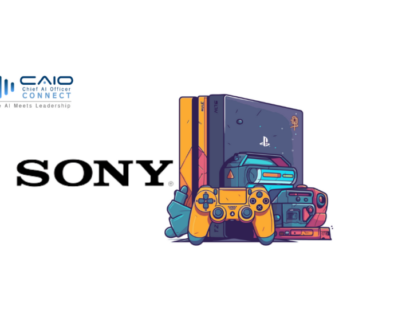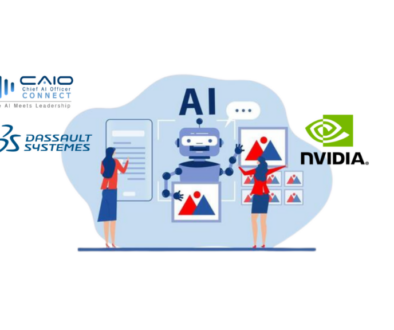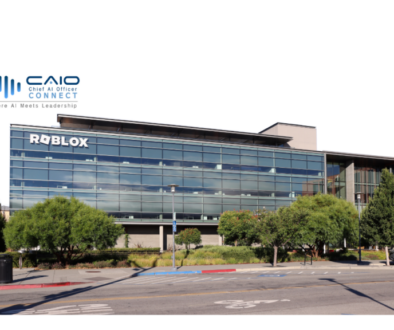Academy Awards Open Doors to AI-Assisted Films: A New Chapter in Hollywood’s Evolution
In a landmark move that signals a profound shift in the entertainment industry, the Academy of Motion Picture Arts and Sciences has announced that films made with the assistance of Artificial Intelligence (AI) are eligible for Oscar nominations. According to newly issued guidelines, the use of AI and digital tools will “neither help nor harm” a film’s chances of securing a nomination. The announcement underlines the Academy’s commitment to evolving with technological advancements while maintaining a strong focus on human creativity and involvement.
The Rising Role of AI in Film Production
Generative AI — capable of creating text, images, audio, and even video — has increasingly found a place in modern filmmaking. Some recent Oscar-winning projects, including “The Brutalist” and “Emilia Perez,” utilized AI tools for subtle enhancements, such as refining accents and adjusting singing voices. These applications demonstrate AI’s growing influence in fine-tuning performances without overshadowing the artistry of human talent.
However, the Academy stressed that human contribution will remain a critical criterion when evaluating submissions. AI, in this context, is seen as a supplementary tool rather than a creative replacement.
Controversies and Creative Tensions
The announcement comes amid ongoing debate over AI’s impact on the arts. Last year’s Hollywood strikes highlighted widespread concerns among actors and writers about job security in the age of AI. Notable voices, such as actress Susan Sarandon, raised alarms about unauthorized use of an actor’s likeness and voice, questioning the ethical boundaries of digital replication.
Screenwriters, too, voiced fears that studios might prioritize AI-driven writing tools over human creativity for cost and efficiency reasons. Although safeguards were introduced in union agreements post-strike, the tension between innovation and artist protection persists.
While some artists have welcomed the creative potential of AI, others, including Scarlett Johansson, continue to caution against its misuse, especially regarding personal image rights.
The Quality Debate: Can AI Truly Match Human Emotion?
Despite the growing integration of AI, many industry experts argue that AI technology has limitations. Animators and filmmakers emphasize that AI-generated outputs still lack the emotional depth and nuanced storytelling essential for creating truly award-winning art.
Jonathan Kendrick, chairman of Rokit Flix, aptly summarized the current sentiment: “Sure, AI can get an outline done, but if you need something with emotional weight, an AI isn’t going to get you an Oscar.” Human touch, with all its imperfections and instincts, remains the soul of compelling cinema.
A Future of Collaboration, Not Replacement
The Academy’s decision reflects a broader vision for the future of storytelling: one where AI is a tool for creative empowerment rather than a substitute for genuine human artistry. As technology and traditional filmmaking techniques continue to intertwine, Hollywood stands at a critical crossroads — embracing innovation while fiercely protecting the essence of human expression that defines great cinema.
As the 97th Oscars approach, one thing is clear: the future of filmmaking will be shaped by how well artists and technology can collaborate, rather than compete.



